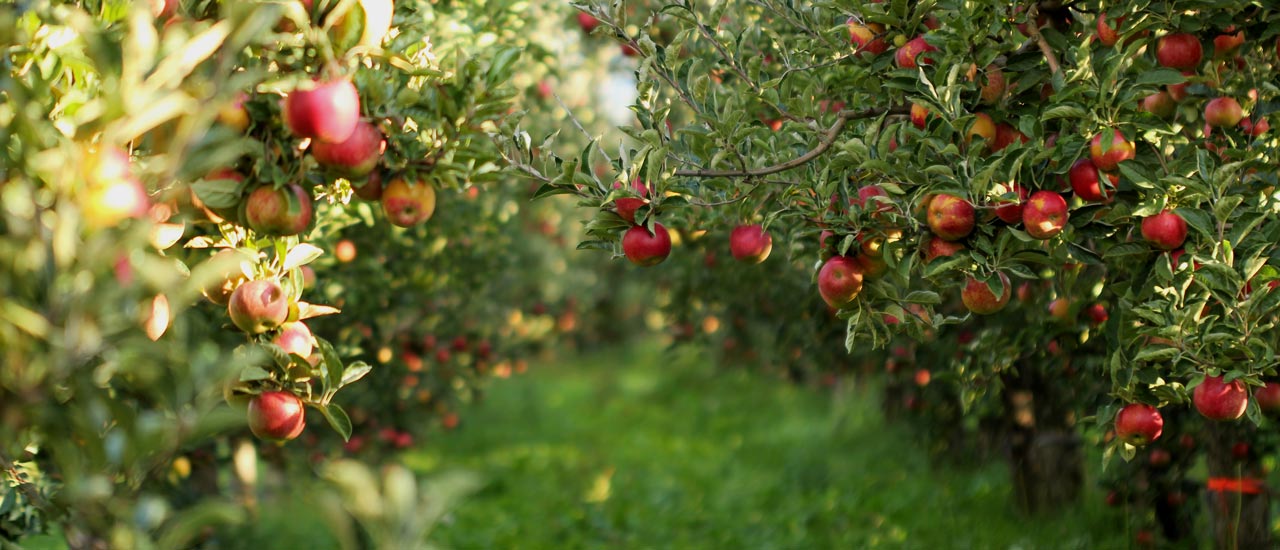Curriculum
The coursework in Oregon State’s online Graduate Certificate in Organic Agriculture builds on the university’s strengths as a research institution and as a provider of high-quality agricultural education, expertise and outreach within the state’s well-developed organic agriculture production sector.
This 18-credit certificate provides a fundamental understanding of the organic agriculture industry and practical production management knowledge in the areas of organic crops (including wild crop harvesting) soils, livestock and general organic agriculture systems technology.
For curriculum details, please visit OSU's academic catalog.
Required courses (12 credits)
- AGRI 520 – Overview of Organic Food Production (3)
- CROP/SOIL 530 – Organic Soil and Crop Management (3)
- ANS 550 – Organic Animal Production Systems (3)
- AGRI 506 – Capstone (3)
Elective courses (6 credits)
You must take two of the following elective courses to satisfy the programs 18-credit requirement:
- HORT 556/HORT 456 – Physiology and Production of Berry Crops
- NUTR 525– Organic Food and Health: Evidence and Consumer Perceptions
- HORT 540 – Organic Vegetable Production Systems: Design and Management
- PBG 552 – Plant Breeding and Seed Production in Organic Systems
- ENT 548 – Integrated Pest Management in Organic Systems
- ENT 523 – Organic Beekeeping and Honey Production
- FCSJ 554 – International Perspectives on Food Systems
- ANTH 586 – Anthropology of Food
- AGRI 511 – Introduction to Food Systems: Local to Global
Additional program features
Capstone project
A required capstone project will allow you to immerse yourself in real-life issues, participate in the development of organic systems plans, and craft solutions for the benefit of the organic growers. The three capstone options are:
- Visit a certified organic farm, certified organic processing facility or a certifying agency (e.g. the State Department of Agriculture) to explore opportunities to develop a capstone project.
- Use Oregon State’s list of organic farms in Oregon and states in the region to find one that is willing to help facilitate your capstone.
- If neither of the first two options is feasible, OSU’s organic agriculture program staff and faculty will work with you to customize your project.
Important dates
See our academic calendar for our full quarter term schedule.
Degree quick facts
* Oregon State University is on a quarter-term system. There are four quarters each year and classes are 11 weeks long. This program's 18 quarter credits are equal to 12 semester credits.
† Based on current tuition rates. No additional charge for nonresident students. Does not include course materials and associated fees and expenses.
‡ You can complete all or nearly all requirements of this program online. View the curriculum.
Find application deadline
View required or recommended deadlines for your student type on our application deadlines page.
Ready to apply?
Once you've gathered the information you need to know before you apply to Oregon State University, take the next steps.


